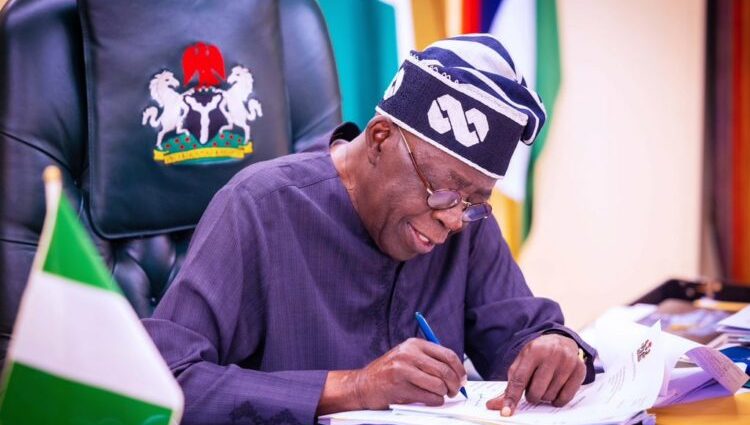President Bola Ahmed Tinubu has enacted a sweeping new Executive Order aimed at revitalizing Nigeria’s oil and gas industry through innovative fiscal incentives and operational reforms. The Upstream Petroleum Operations Cost Efficiency Incentives Order (2025) introduces a performance-based reward system designed to reduce project costs while increasing government revenues and attracting vital foreign investment.
Under the landmark policy, upstream operators who achieve verifiable cost savings meeting stringent industry benchmarks will qualify for tax incentives. The Nigerian Upstream Petroleum Regulatory Commission (NUPRC) will establish these benchmarks annually across different operational terrains – onshore, shallow water, and deep offshore. According to Senan Murray of the Office of the Special Adviser to the President on Energy, “detailed implementation guidelines for the new Order will be issued in due course.”
The Order’s key provisions include returning 50% of government gains from realized cost savings to qualifying investors while capping available tax credits at 20% of a company’s annual tax liability. This balanced approach aims to maintain government revenues while providing attractive incentives for efficient operators.
“Nigeria must attract investment inflows, not out of charity, but because investors are convinced of real and enduring value,” President Tinubu declared.
“This Order is a signal to the world: we are building an oil and gas sector that is efficient, competitive, and works for all Nigerians. It is about securing our future, creating jobs, and making every barrel count.”
The President has tasked his Special Adviser on Energy, Mrs. Olu Verheijen, with leading inter-agency coordination to ensure effective implementation. Verheijen emphasized the strategic thinking behind the reforms: “This is not a pursuit of cost reduction for its own sake. It is a deliberate strategy to position Nigeria’s upstream sector as globally competitive and fiscally resilient. With this reform, we are rewarding efficiency, strengthening investor confidence, and ultimately delivering greater value to the Nigerian people.”
This latest policy intervention builds upon the administration’s 2024 energy sector reforms that improved fiscal terms, accelerated project timelines, and aligned local content policies with international best practices.
The Executive Order represents a significant step in the Tinubu administration’s comprehensive plan to modernize Nigeria’s energy sector and maximize returns from the nation’s hydrocarbon resources. Industry experts anticipate the measures will enhance Nigeria’s competitiveness in the global energy market while ensuring optimal benefits for the Nigerian economy and its citizens.















Leave a comment